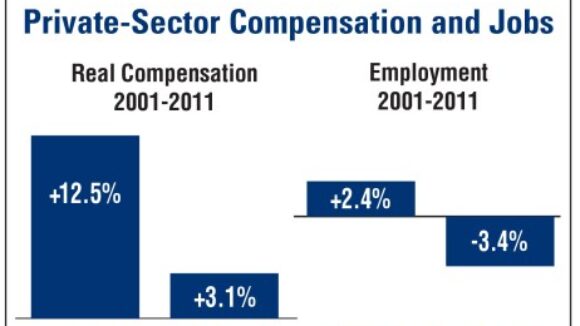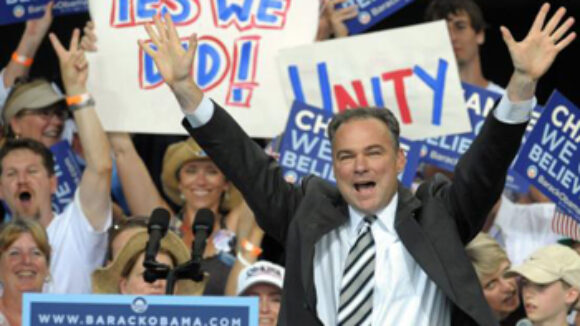Labor Day Statement: “Union Officials Are Mounting A Billion Dollar Campaign to Reelect President Barack Obama”
Forced-dues funded billion dollar machine enables union officials to wield immense political clout, even though voluntary union membership continues to steadily decline Washington, DC (August 31, 2012) – Mark Mix, President of the National Right to Work Legal Defense Foundation and National Right to Work Committee, released the following statement regarding this year’s Labor Day holiday. “This Labor Day, many workers will enjoy a well-deserved long weekend. But as we celebrate with friends and family, union officials are mounting a billion dollar campaign to reelect President Barack Obama and elect more pro-forced unionism allies in Congress. “Throughout the United States, tens of millions of American workers are already compelled to pay dues or fees to union officials as a condition of getting or keeping a job. And millions more workers are required by law to accept a union’s so-called ‘representation,’ even if they would rather negotiate with their employer themselves on their own merits. “Recently, the National Institute For Labor Relations Research and Wall Street Journal independently reported that Big Labor spends about four times on politics and lobbying than what was previously thought. This forced-dues funded billion dollar machine enables union officials to wield immense political clout, even though voluntary union membership continues to steadily decline.

